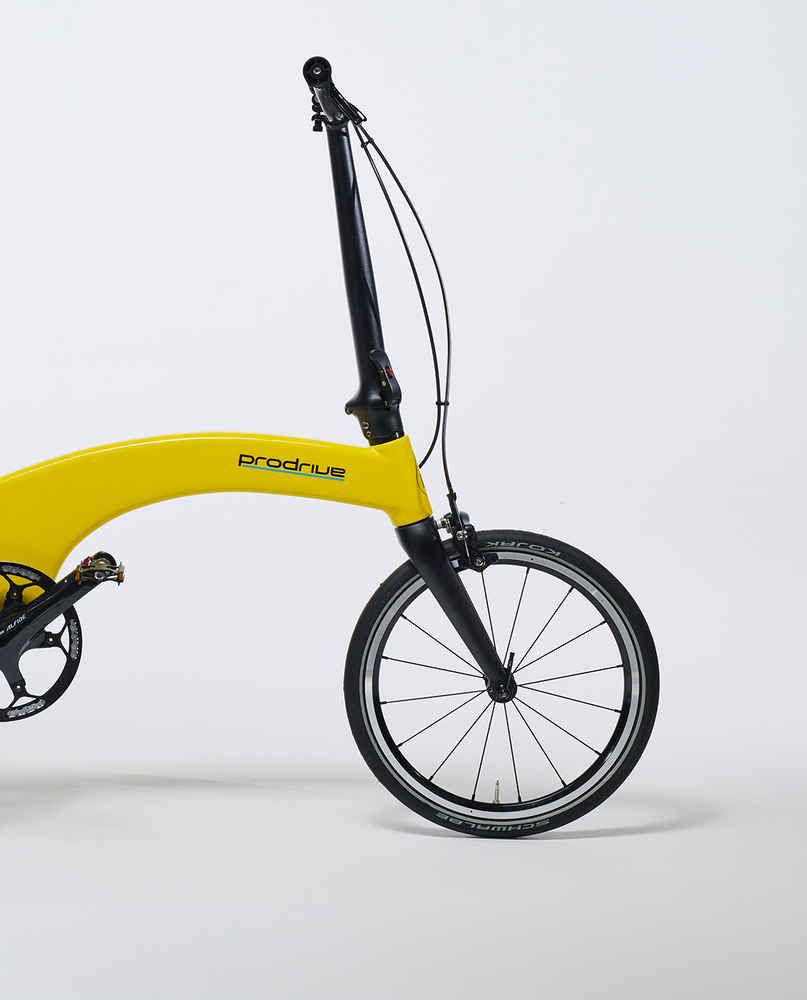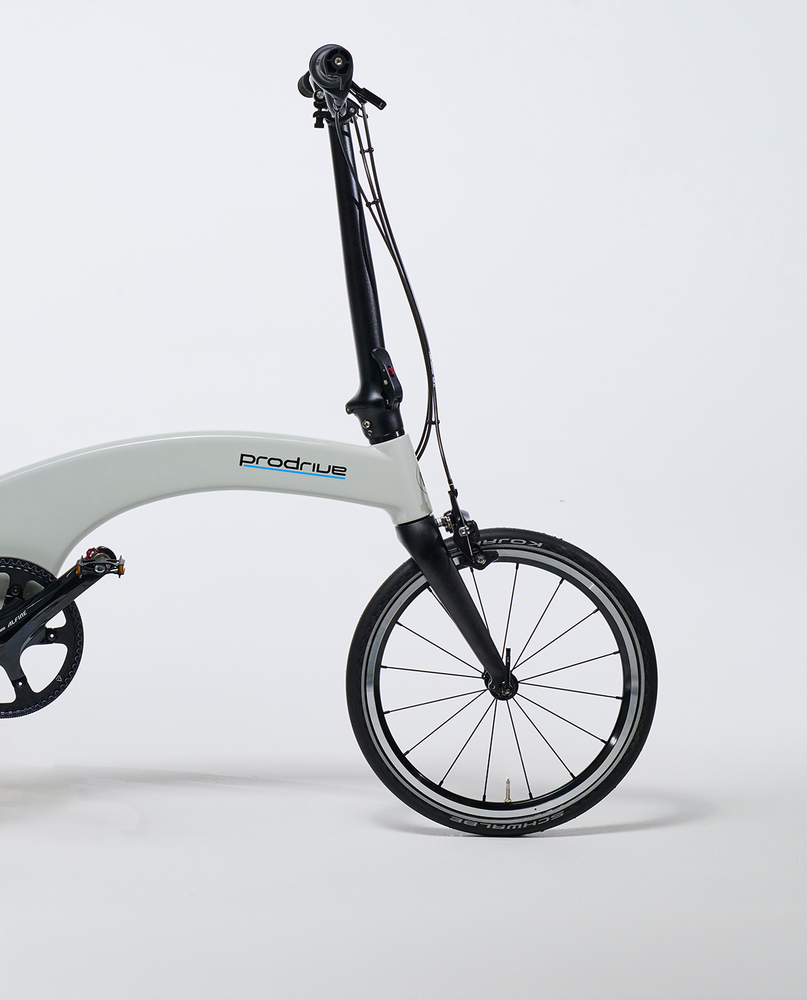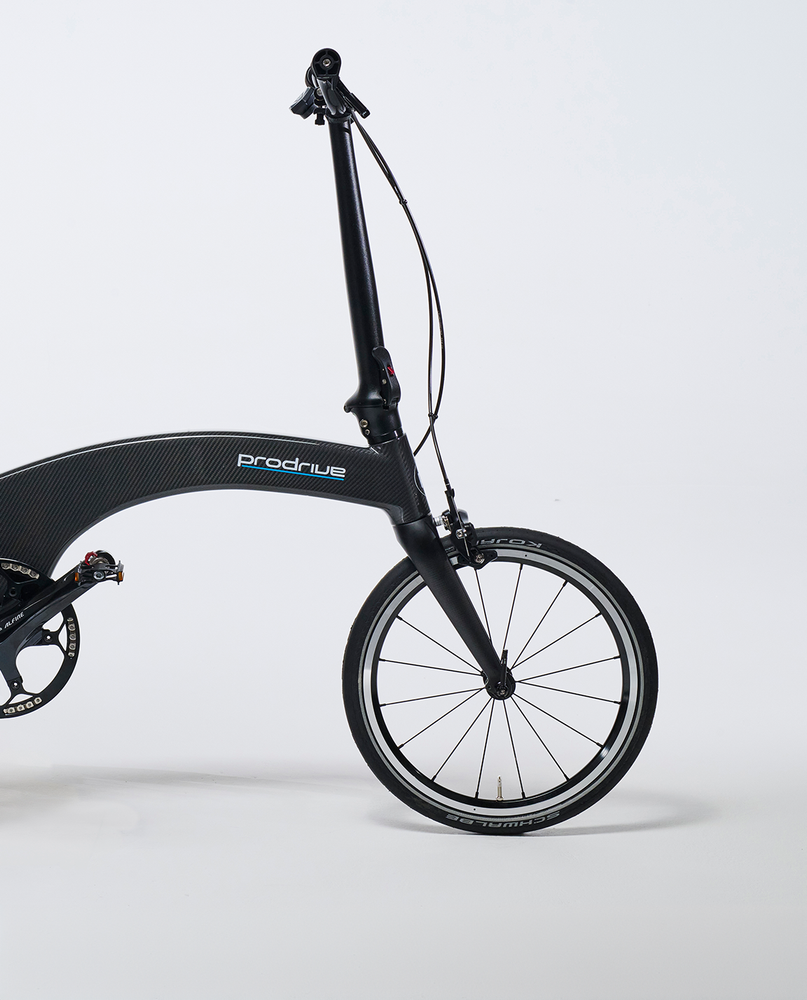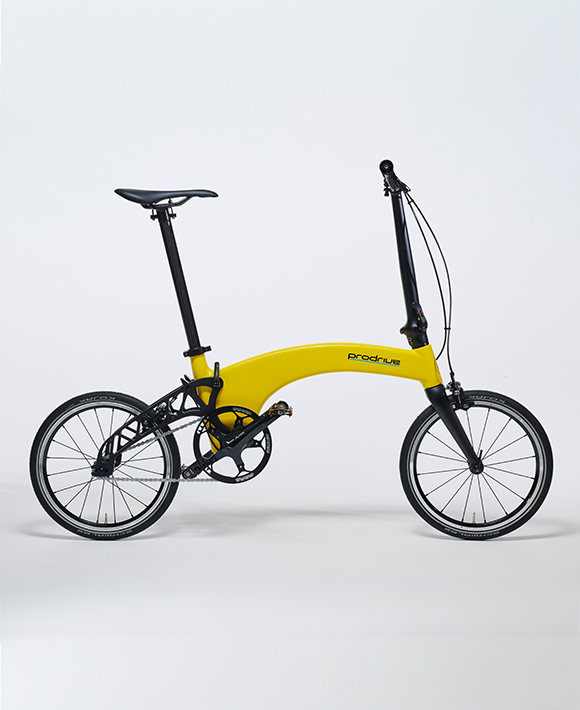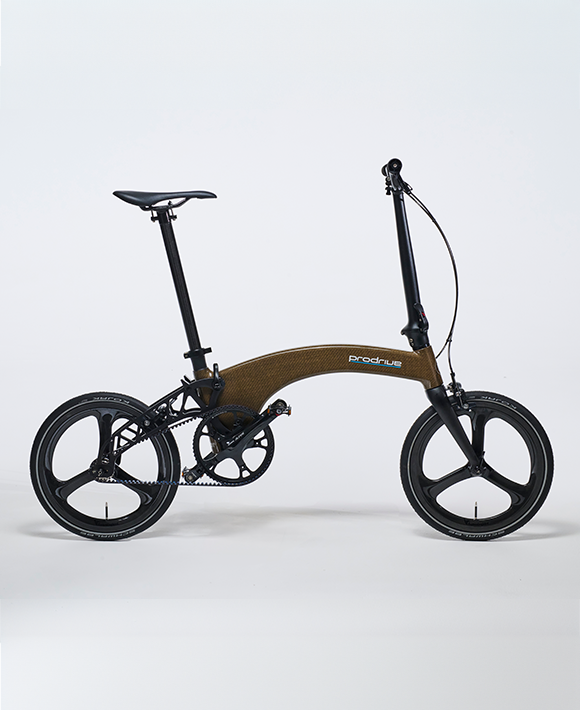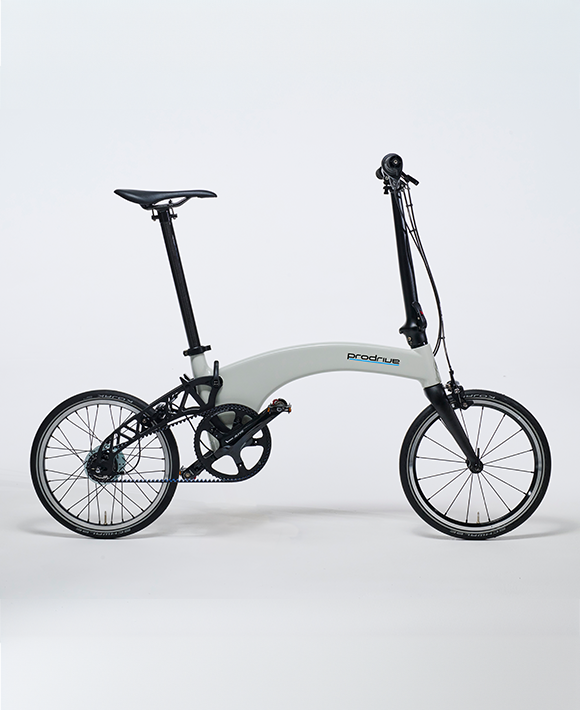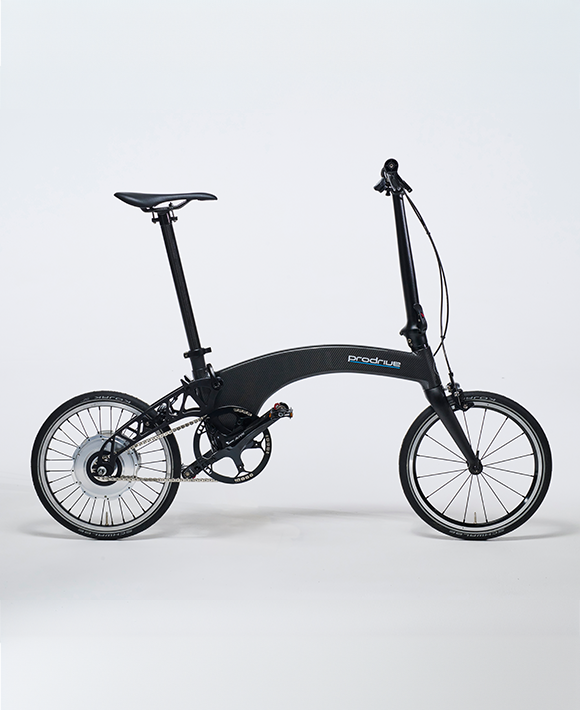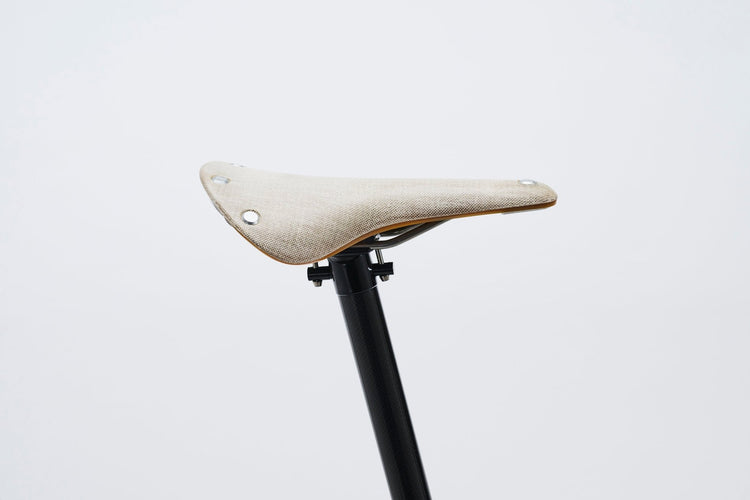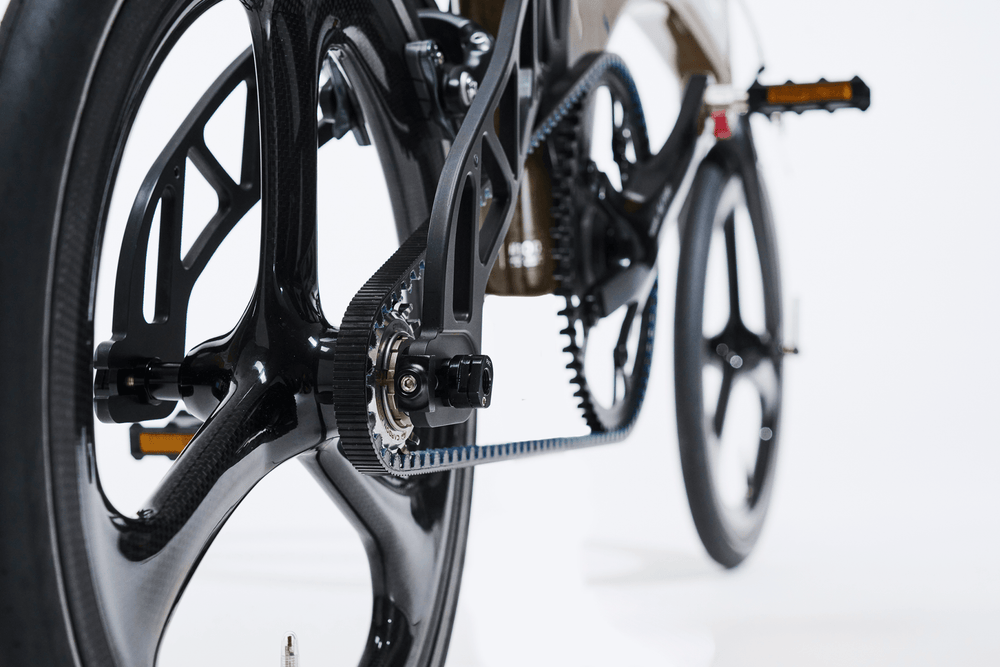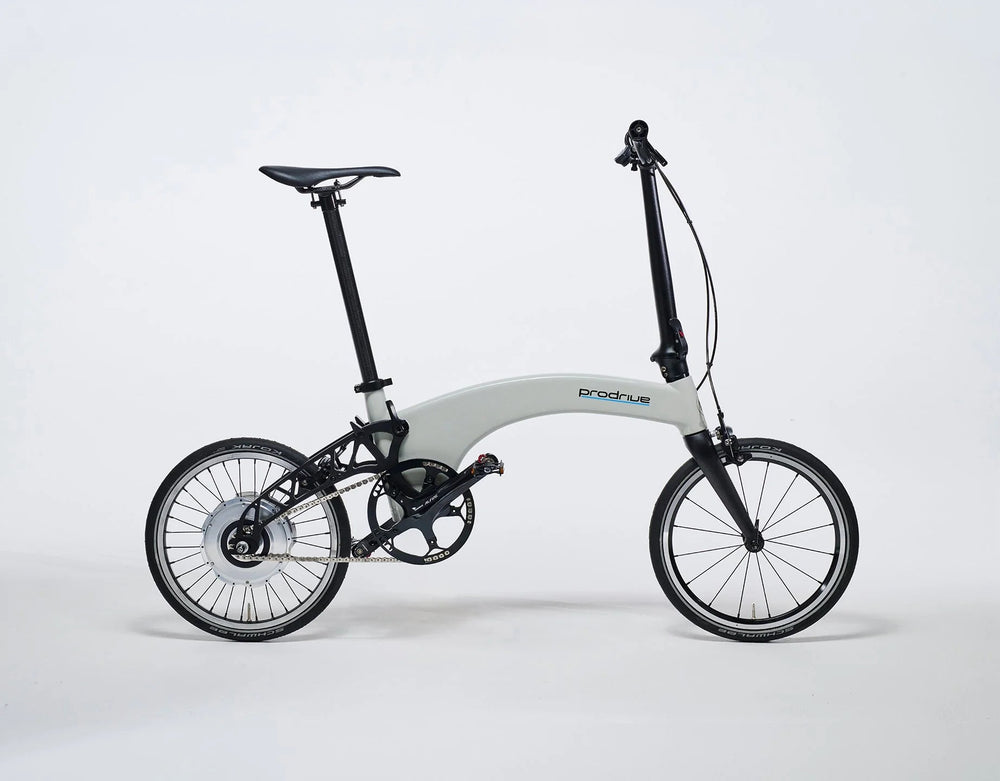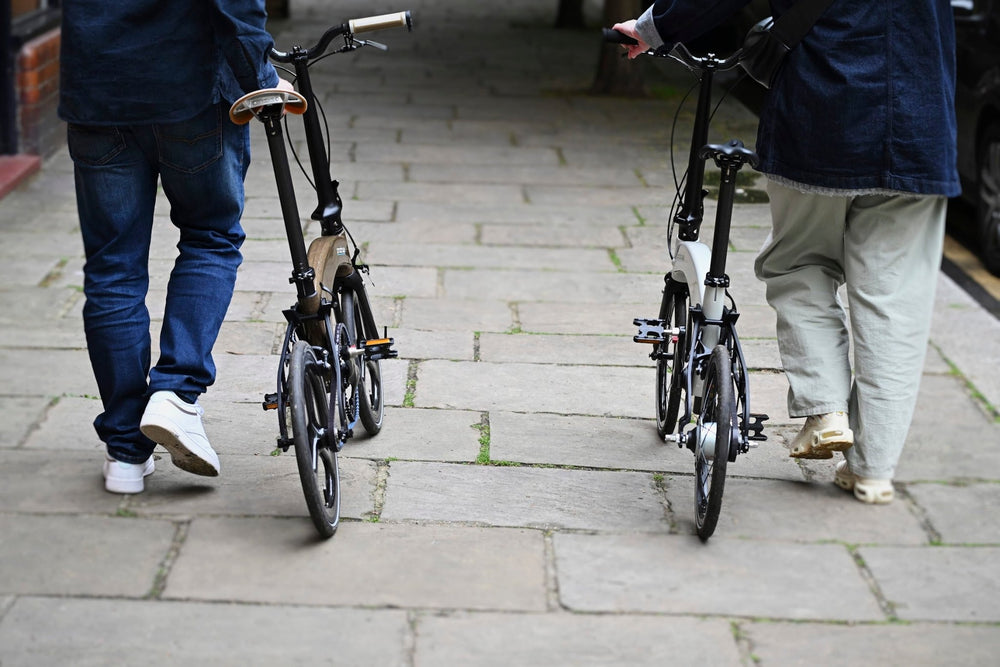You might also like
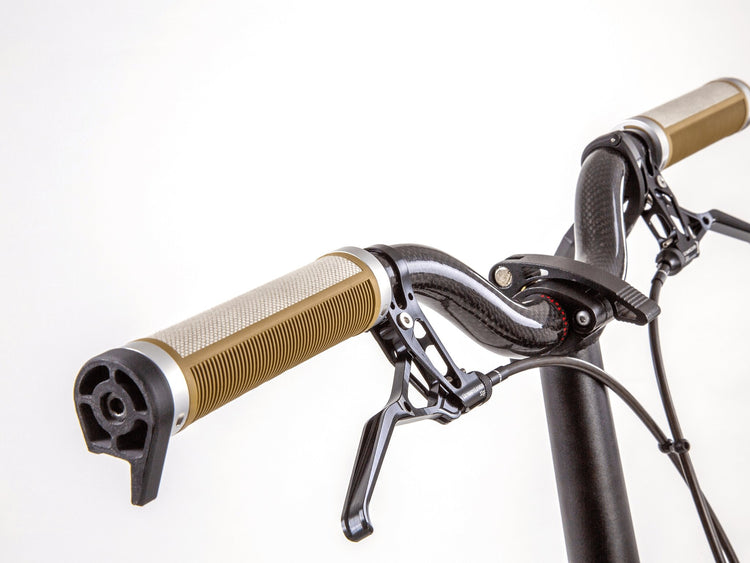
Brooks Cambium Rubber Grips
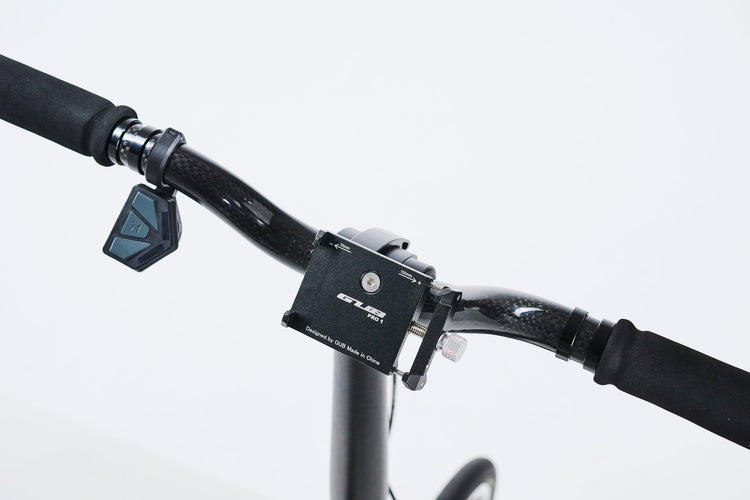
Phone holder

Kolibri-Tragetasche
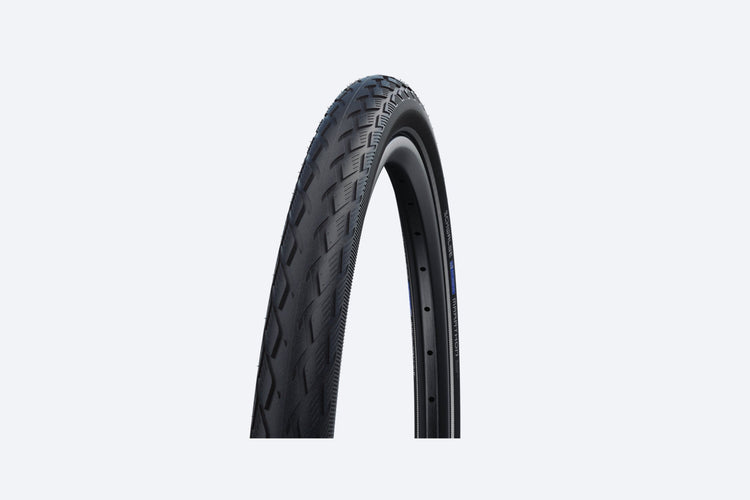
Schwalbe Marathon Tire Swap
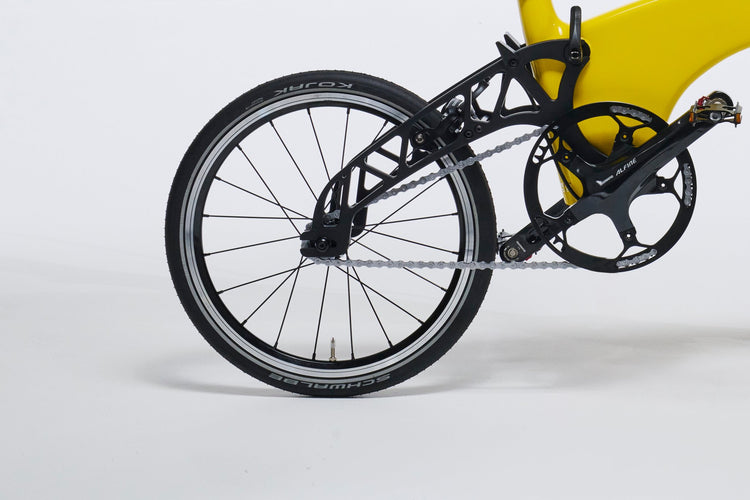
Spare Single Speed Wheel

Men's Gel Saddle

Women's Gel Saddle

15 February 2023
The Future of Cycling: Advancements in Bike Technology
To the unfamiliar eye, the bicycle has largely remained unchanged in its lifetime. While this is somewhat true, cycling aficionados know the ins and outs of the innovations and technological developments that have and will continue to transform the way we cycle.
While modern-day bikes look all too similar to the two-wheeled, handlebar-donning bicycle invention from the late 1800s, many technological and mechanical advances have vastly improved the ease, functionality and sustainability of cycling; but, a little (humming)bird tells us this evolution is just the beginning for cycle technology.
While industry experts predict some remarkable concepts are here to shake up the industry in the distant future, let's look at more time-relevant innovations and trends that will redefine the cycles we ride today and in the short time ahead.
In this blog post, we will explore the present and future of transformative cycle technology. We will delve into various aspects of cycling, such as sustainability, affordability, comfort, lightweight design, and new technologies such as super-capacitors and 3D printing.
Whether you're a seasoned cyclist or someone just starting to dip their toes in the world of cycling, this post is sure to be an informative read.
Sustainable Cycling
As more people turn to cycling as a mode of transportation, it's essential to consider the environmental impact of the industry. Many bike manufacturers are implementing sustainable materials and practices in their designs. There are many renewable resources that are being thrust to the forefront for sustainable cycling, such as carbon, bamboo and our very own flax plant fibre bike. Some companies are using recycled materials to create bike components such as seats and handlebars.
Cargo bikes are also becoming increasingly popular as a sustainable transportation option. These bikes are designed to carry heavy loads, to transport groceries, luggage, or even children. They offer a practical solution to reduce the use of cars and public transportation while promoting a healthier and more sustainable lifestyle.
Supercapacitators
Finally, some companies are exploring the use of supercapacitors in bikes. These devices store and release energy quickly, making them ideal for use in electric bikes. Super-capacitors have a longer lifespan than traditional batteries and can be recharged quickly, making them a more sustainable option for e-bikes.
Consider the environmental impact of your cycling choices and explore sustainable bike options such as cargo bikes or those made from planet-friendly materials.
3D Printing
3D printing technology has already transformed many industries, and it's starting to impact the cycling world.
One of the most significant benefits of 3D printing is its ability to create complex shapes and designs that would be difficult or impossible with traditional manufacturing methods, allowing bike manufacturers to create intricate components for a rider's needs.
For example, companies now use 3D printing to create bike frames and forks. In doing so, they can create unique designs that are tailored to the rider's body shape and riding style. 3D printing also offers faster turnaround times and reduced waste compared to traditional manufacturing methods.
In the future, it's possible that 3D printing will become more widespread in the cycling industry, leading to affordable and customisable bikes with a greater range of design options. It may also become easier for riders to replace or repair broken parts, as replacement components could be 3D printed on-demand.
Device Integration
The integration of technology into bikes is becoming increasingly common, and it's transforming the cycling experience. One of the most significant developments in recent years has been the integration of GPS technology into bike computers. These devices can track your route, speed, distance, and other metrics and provide turn-by-turn directions to help you navigate.
Many bike computers also offer the ability to connect to your smartphone, allowing you to receive notifications and control music playback without taking your phone out of your pocket. Some even offer advanced features such as monitoring your heart rate or power output.
Another way that technology is being integrated into bikes is through smart locks. These locks use Bluetooth or Wi-Fi connectivity to allow you to lock and unlock your bike using your smartphone. They can also send alerts to your phone if someone tries to tamper with your bike.
In the future, we may see even more integration of technology into bikes, such as augmented reality displays that provide real-time data and information, or sensors that can monitor road conditions and adjust suspension settings on the fly.
Electric Bikes
Electric bikes, also known as e-bikes, are a growing trend in the cycling industry. Although they are certainly nothing new, it's the evolution and development of e-bikes that are taking the cycling world by storm.
E-bikes were renowned for being bulky, heavy and largely impractical, especially on journeys where the bike might need manoeuvring, the morning commute, for example. But that is set to be a distant memory.
Advancements in electric bike technology have made it possible to go faster and further than ever before, all without weighing the world. Look at Hummingbird for example, our electric bike weighs a mere 10.3kg, which is lighter than some standard road bikes!
Some e-bikes are equipped with throttle control, allowing riders to sit back and let the bike do the work. Other bikes come with a pedal-assist system, where the motor provides an extra boost while you're pedalling.
One of the biggest benefits of electric bikes is their ability to make cycling more accessible to people who may not have the fitness or endurance for traditional cycling. They are also a great option for commuting, allowing you to travel further and faster without breaking a sweat. Additionally, they offer a sustainable transportation option, helping to reduce the carbon footprint of our daily commutes.
If you're considering purchasing an electric bike, there are a few things to keep in mind. First, they tend to be more expensive than traditional bikes, so be sure to factor that into your decision. However, the benefits they provide can make them well worth the investment. Second, check your local regulations as e-bike laws may vary depending on your location.
Consider the benefits of electric bikes and if they are a good fit for your cycling needs. Explore different models and find the one that's right for you.
Bike Affordability or Financing Options
One of the biggest barriers to entry in the cycling world is the cost of a bike. However, many companies now offer financing options to make purchasing a bike more accessible. Some shops offer payment plans where you can pay for a bike over time, Klarna or ClearPay, for example. Others offer credit options with low-interest rates, making it easier to finance your bike purchase.
For some UK workers, there might also be the option to pay for a brand new bike through a tax-free monthly salary sacrifice if your company registers with a cycle to work scheme, such as Cycle Scheme.
If you're interested in purchasing a bike but are concerned about the cost, explore financing options or look for a used bike. You can now treat yourself to a Hummingbird folding bike using Klarna and Cycle Scheme.
The cycling industry is ever evolving, and new technologies and innovations are changing how we ride. From e-bikes and cargo bikes, to 3D printing and device integration, exciting developments are on the horizon.
While it's impossible to predict exactly what the future of cycling will look like, it's clear that sustainability and affordability will continue to be important factors. As we look to the future, we can expect to see more eco-friendly materials and manufacturing processes, as well as a greater emphasis on making bikes accessible to all.
If you're a cycling enthusiast, there's never been a better time to get involved. With so many exciting developments, there's no telling what amazing new technologies and innovations are just around the corner.
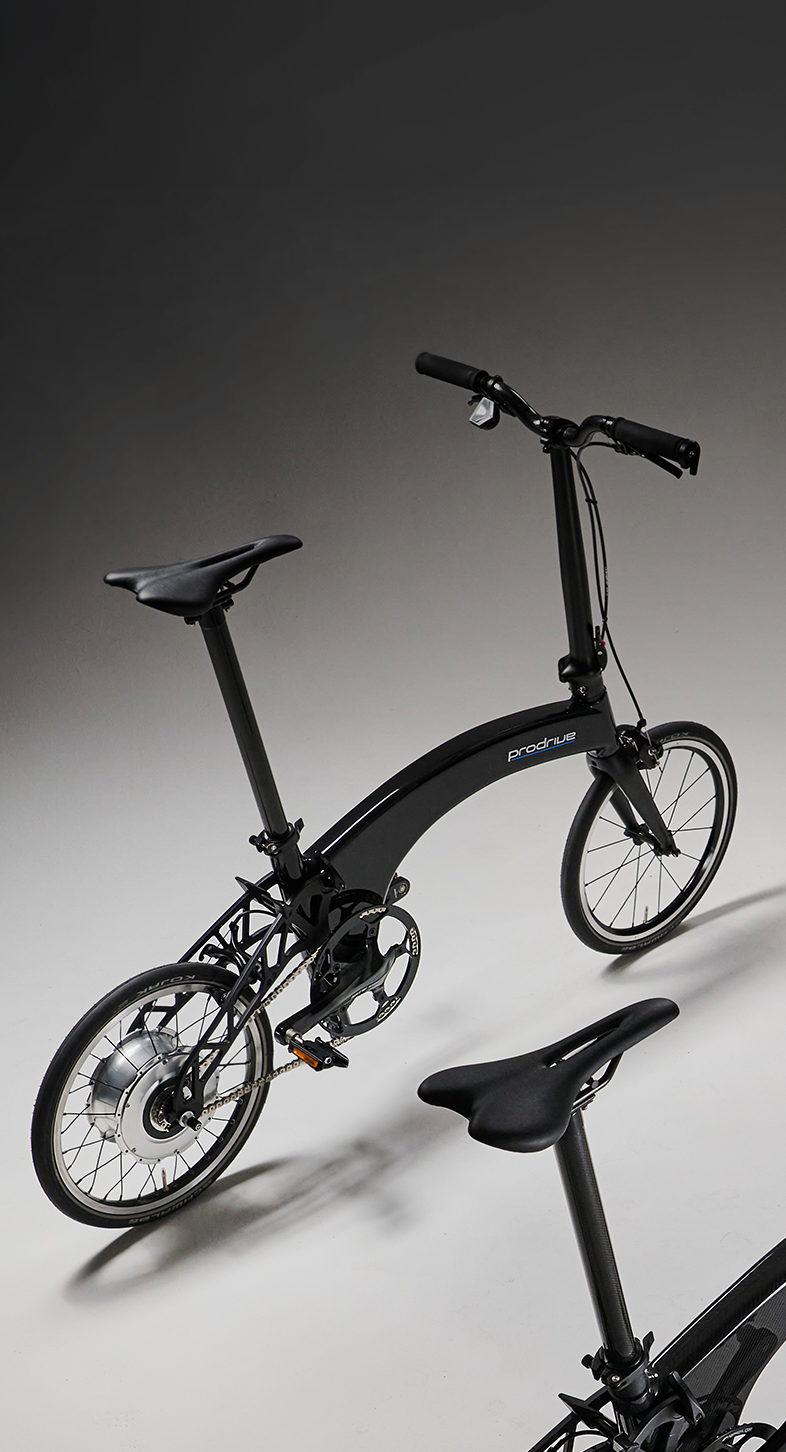
Prodrive Folding
Electric Bike
The ultimate city bike is here.
Latest from
the magazine
